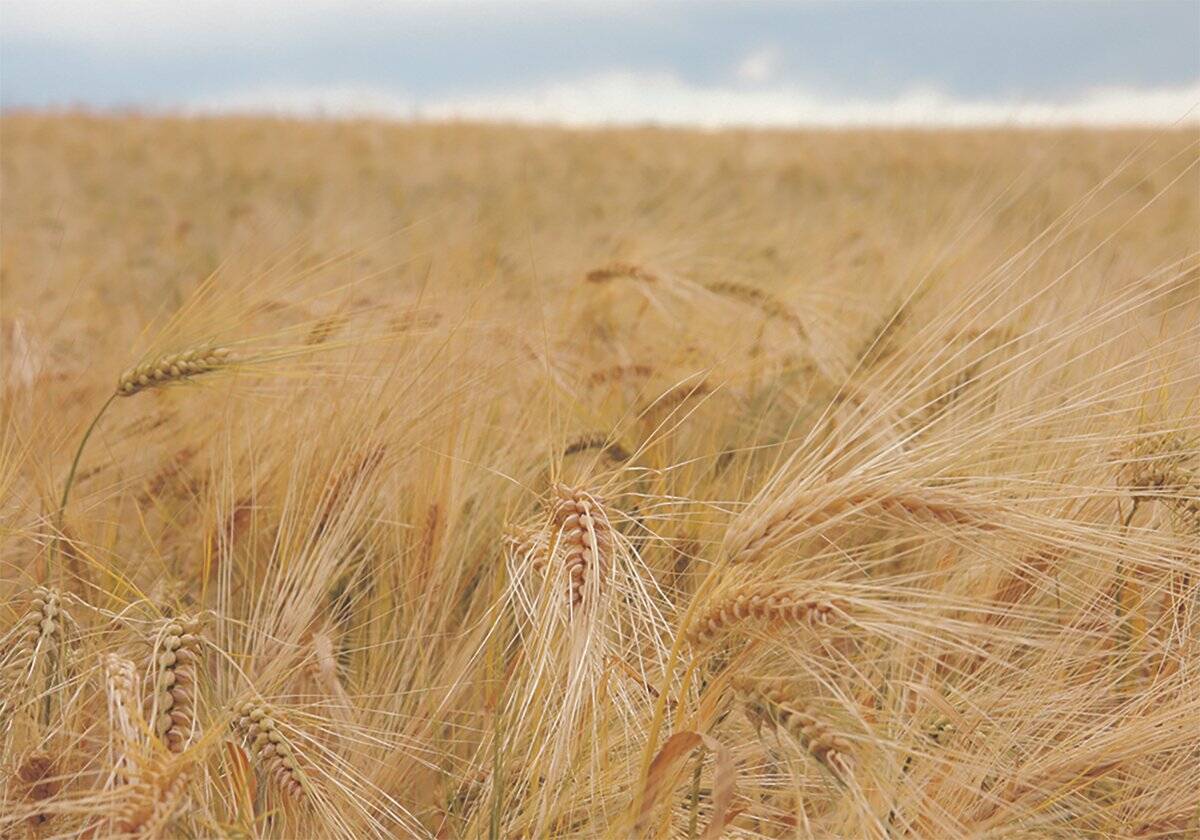Chicago | Reuters — Canada’s Nutrien, the world’s largest fertilizer company, is weighing further increases to potash production as sanctions continue to limit shipments from Russia and Belarus, interim CEO Ken Seitz said on Tuesday.
Prices of crop nutrients such as potash have skyrocketed as sanctions against Russia for its invasion of Ukraine have disrupted already tight supplies.
The price increases have raised concerns about food shortages as some farmers apply less fertilizer while boosting profits for producers including Nutrien and Mosaic Co.
Read Also

Feed Grain Weekly: Barley still the king of Canadian feed grains
Brandon Motz of CorNine Commodities in Lacombe, Alta. said barley is still the preferred feed grain of choice here and abroad.
Nutrien is assessing the duration of the Ukraine conflict to determine whether there is a need to ramp up production, Seitz said. Combined, Russia and Belarus last year accounted for more than 40 per cent of global potash exports, one of three critical nutrients used to boost crop yields.
In March, Nutrien said it planned to increase output by nearly one million tonnes to about 15 million tonnes this year in response to supply uncertainty from Eastern Europe.
The company could further expand production to 18 million tonnes without a major capital investment at sites in Saskatchewan, though larger expenditures would be needed to reach 18 million to 23 million tonnes, Seitz said.
“We intend to grow our volumes, but just not stop at 18 million tonnes,” Seitz said in an interview.
Seitz told analysts on an earnings call that Nutrien could boost its capacity in the next few years and that Russia’s invasion of Ukraine could impact global fertilizer trading beyond 2022. Moscow describes the invasion as a “special military operation.”
Nutrien estimates Russia’s output will drop by two million to six million tonnes this year from its operational capability of about 15 million tonnes. Belarus’ output will fall about six million to eight million tonnes from its capability of about 13 million, the company said.
Mosaic said separately it is exploring debottlenecking initiatives at mills to increase fertilizer output as quickly as possible.
Mosaic said the initiatives could increase its potash production by about 1.5 million tonnes by the end of 2023, adding that it expects it will take two to four years for the global potash deficit to catch up with demand.
— Reporting for Reuters by Tom Polansek in Chicago; additional reporting by Ruhi Soni in Bangalore.


















